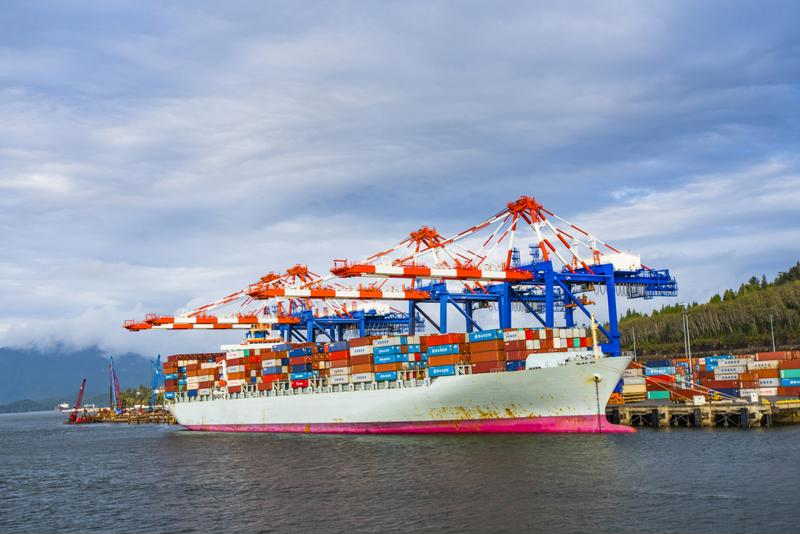The name of the game for every company in the supply chain is to ferry products along at the fastest rate possible. That means those that have a considerable standing in their given industries may need to rethink the ways in which they've operated for years or decades in an effort to improve efficiency and become more competitive in ever-growing fields.
The multinational beer titan Molson Coors recently announced plans to revitalize its supply chain by shuttering a long-standing production facility in California and having similar breweries take on its responsibilities, according to Supply Chain Dive. The reason for this change is simple: Much of what the closing plant in Irwindale, California - about 20 miles east of Los Angeles - did was increasingly rendered redundant by improving facilities elsewhere. Moreover, with this decision, Molson Coors also frees up capacity in its supply chain elsewhere so it can keep costs lower.
"This move will allow us to optimize our brewery footprint while streamlining our operations for greater efficiency across the network," Brian Erhardt, the chief integrated supply chain officer at Molson Coors, said in announcing the decision.

Additional strides
Meanwhile, more companies are also looking at ways to improve other aspects of their efficiency besides just consolidating production or storage facilities - and that includes investments in tracing all products that move through those buildings, according to Manufacturing.net. One of the biggest causes of shipping hiccups for any company is that they simply do not have accurate information about where their items are at any given time; with larger buy-in from more businesses in the supply chain to accurately track such data, big strides can be made.
Often, these investments mean not only delving into the kind of tech that makes it possible, but also putting more resources into hiring and training workers who can help them get a better handle on such tracking, the report said. When companies can get more people to buy into the importance and value inherent to real-time data, they may be able to take a significant leap forward.
What does efficiency require?
Of course, when companies are making changes to improve their efficiency overall, they need to undergird that with digital tools to ensure everything is clear to all partners involved - without compromising security, according to Finance Long. Utilizing the blockchain to do so may be a solution for some to pursue, as it allows them to keep careful track of each individual piece of data in a way that is only accessible to them, while also providing more transparency into the whole process. That way, when issues do arise, all stakeholders know exactly where it has arisen and can formulate new approaches to smooth out those wrinkles.
Certainly, companies should always look for ways to streamline their supply chain operations and find a more effective approach. What such steps may require of them will vary based on their size, existing capabilities, needs and so on, but they need to explore all possible options to ensure the best results.


Post A Comment:
0 comments so far,add yours